Dear Sir,
Isn’t it time you told it like it really was about the breakout from the Normandy beach-head? That the Sherman tanks the Allies had were absolutely no match for the German tanks, and that the Americans had refused to countenance attempts by the British to upgrade the Sherman’s peashooter gun with the Firefly because they couldn’t accept a non-American gun on an American tank? There was only the possibility of a breakout where the Shermans were unopposed, because, compared to Tigers, they were basically rubbish. It is all very well to say that the Allies had more tanks and that the Shermans would in the end prevail due to their numerical superiority, but what about the tank crews who were sacrificed in the “Ronsons” or “Tommy cookers,” as the Germans dubbed the Shermans? No problem, as long as they were British or Canadians at the eastern end of the bridgehead; this could always be blamed on Montgomery’s “caution” or “obsessive tidiness” or some other supposed failing which could soothe American egos. The truth you are avoiding is that Montgomery, like Rommel, had served in the First War, and had, also like Rommel, suffered from the “chateau generalship” of staff officers safely ensconced behind the lines. There was no way he was going to send his troops into suicidal attacks led by the “tommy cooker” Shermans just to please U.S. commanders. If the Americans, by 1944 senior partners in the Western Alliance, had had any bloody sense at all (something they still don’t seem to have acquired viz. the Nam, Somalia, Lebanon 1983, Iraq) they would have copied the best tank of the war, the Russian T-34, but no! Too wounding to the All-American ego!!
Barry Ward
Hyogo, Japan
While all the things Mr. Ward said about the Shermans are true, it was their number rather than their heft or firepower that mattered in the end. The Americans actually did develop a much larger tank, supposedly the answer to the Tiger, but the war ended before it could be introduced. Also, the fact that Operation Cobra succeeded, in spite of the failings of the Shermans and the carping of British and American officers, should be given foremost consideration.
On the subject of German tanks, the King Tiger was notoriously inefficient in its gasoline consumption, which turned out to be a major shortcoming during the Battle of the Bulge. The British Centurion tank did not match up to German tanks, either, nor did any other British tank. Which is why the British Army used the Shermans—they were very reliable and were available in mass-produced numbers.
The British and Americans have always found fault with each other, during World War I, World War II, and after. I just read a report titled: “British Officer Slams US Military Tactics, Attitudes in Iraq,” which was written by the UK’s 21st-century equivalent of Field Marshal Montgomery. The more things change …
David Alan Johnson, author of “Operation Cobra,” January 2007
Military Police in WWII
Dear Editor:
In reference to Ken Wright’s article concerning Military Police in Australia (March 2007 issue), I was glad that the MPs received some attention. Unfortunately, the article wasn’t as positive as I had hoped, but I think it was a fair assessment of the incident. Although seen by many as rear-echelon troops, MP duties run the gamut.
Consider some of the Military Police tasks and achievements during World War II: MPs provided security and law enforcement functions from the U.S. to the front lines. There were Aviation MPs as well as MPs onboard troop ships. Accompanying forward echelons, MPs maintained circulation control and unraveled traffic on the Red Ball and ABC Highways after the “Breakout” from northern France. They served as bodyguards for VIPs, and ran confinement operations for EPWs, civilian criminals in conquered territory, and GIs.
Their criminal investigation section solved crimes ranging from pilferage to massacres (Malmedy, Doolittle’s raider executions). Divisional MPs accompanied their respective divisions on all fronts, in all landings (or jumps/glider rides) and in all campaigns. MPs were at Bastogne, the Normandy beaches, Iwo Jima, Okinawa, etc. After the war they provided war trial security and administration of sentencing.
The Corps of Military Police became an official branch of the Army on September 26, 1941, and would peak at over 209,000 soldiers during the war.
Andy Watson
St. Robert, Missouri
Tigers in North Africa
Dear Sir,
I would like to point out an error in the “Profiles” article about Sgt. Maj. Stan Hollis (March 2007). The article describes Hollis’s attack on a German Tiger tank during the El Alamein campaign. According to excerpts from Tigers in Combat by Wolfgang Schneider, the first Tigers to arrive in North Africa were from sPzAbt. 501, which arrived in Bizerta, Tunisia, on November 23, 1942. The other Tiger unit to serve in North Africa, sPzAbt. 504, did not have its first tanks arrive until March 12, 1943. The point being, there were no Tigers involved in the El Alamein campaign. Although the overall article details Sgt. Hollis’s unquestionably heroic exploits, this simply cannot be a true accounting. The tank Hollis most likely attacked was a Panzer Mk. IV, armed at best with a 75mm KwK40L/43 gun, and not the dreaded 80mm KwK36L/56.
Steve Roersma
Ada, Michigan
Running the Gauntlet
Dear Sirs:
As a new subscriber to WWII History, I read it cover to cover when my new edition arrives. While all the articles are fascinating, one in particular really had me in tears as I finished. In the January 2007 issue was the article “Running the Gauntlet” by Flint Whitlock! Not only does he have a fascinating name, but his article on the Liberty Ships and the men who manned them really struck home with me. I have seen TV shows about the Liberty Ships and the role they had in WWII, but the sheer volume of them, the tonnage of goods they carried, and the unbelievable courage shown by the men who operated these vessels never came home to me until I read Mr. Whitlock’s article. I wish to thank him for bringing to my (and I hope others’) attention how vital was the role they played in the Allied victory.
I trust I will see many more articles by Mr. Whitlock in forthcoming issues! Because of his article, I plan now to visit one of the two remaining Liberty Ships to pay my respect to the sheer courage and patriotism of the crews who manned them.
John R. Wieder, MD
Spartanburg, South Carolina
Note: Opinions expressed in “Dispatches” do not represent the opinions of the writers, editors, or staff of WWII History or Sovereign Media.
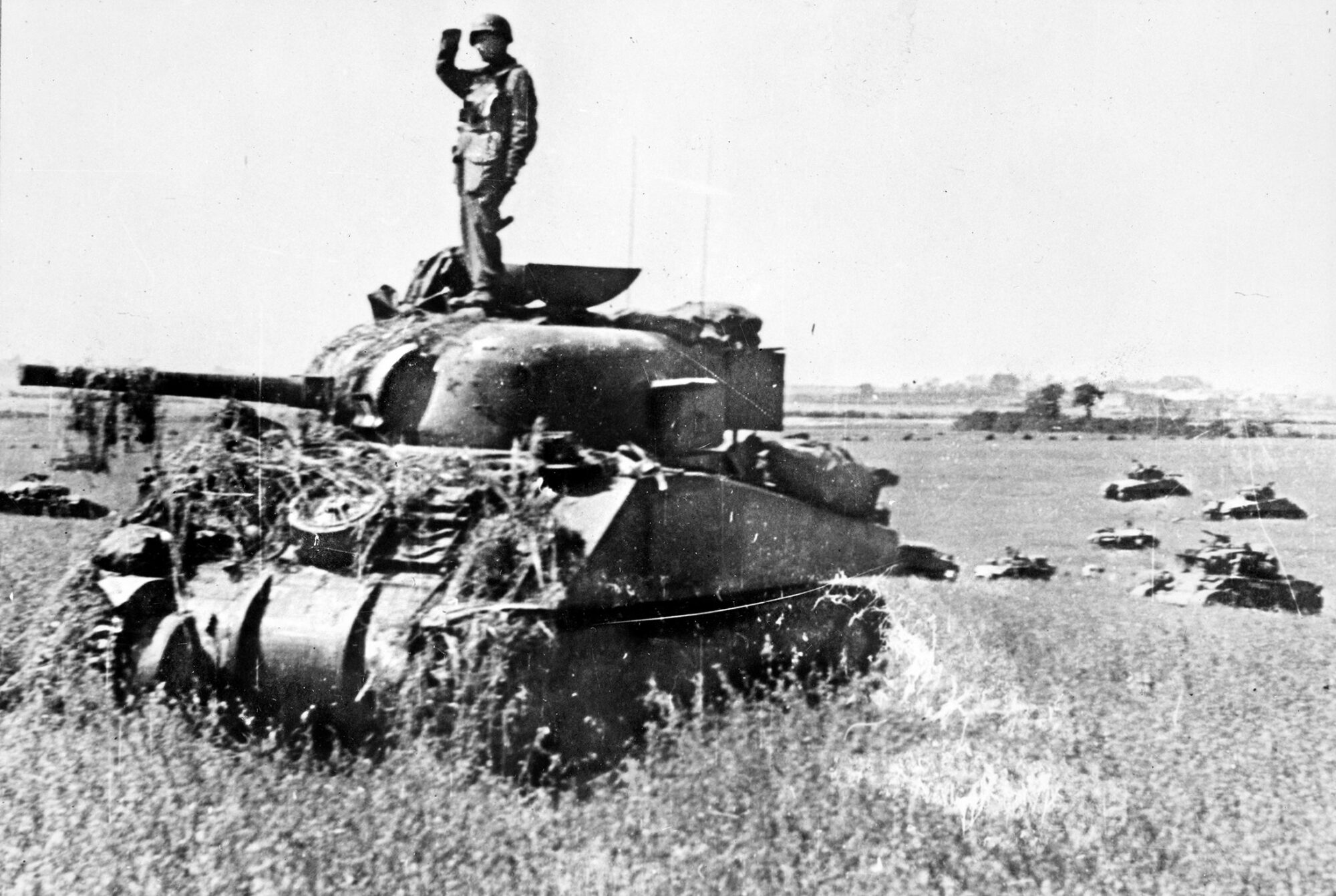
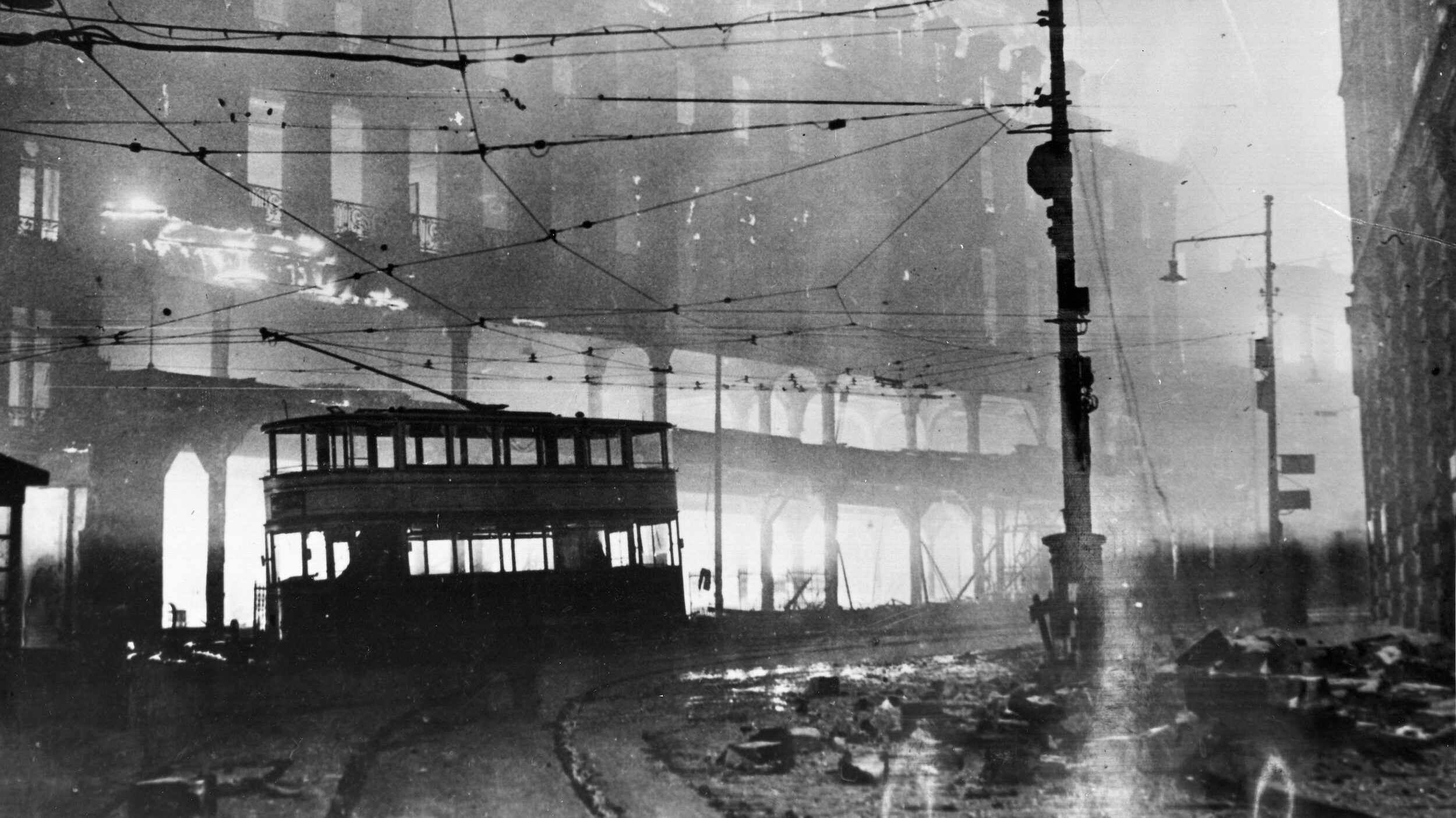
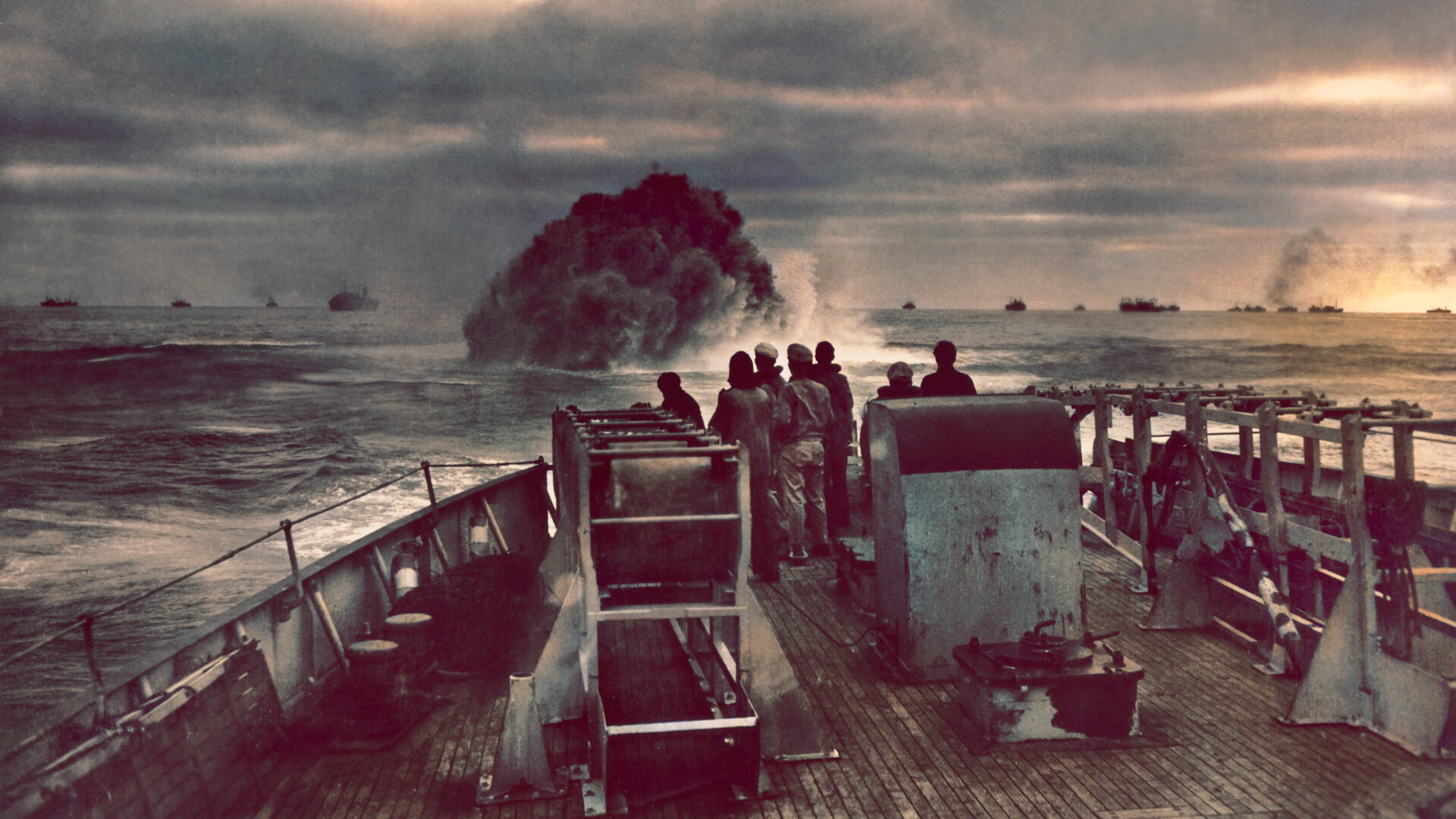
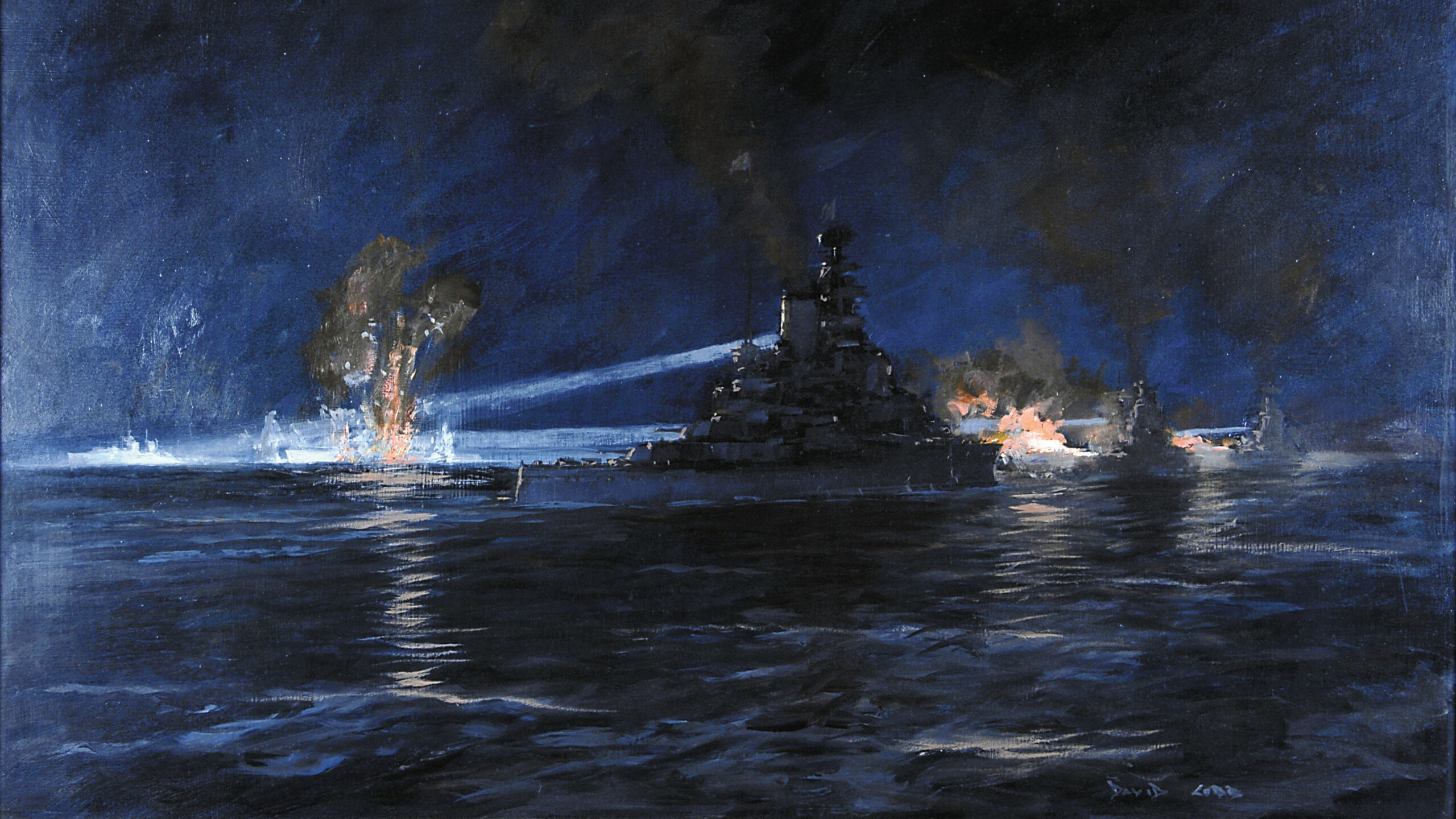
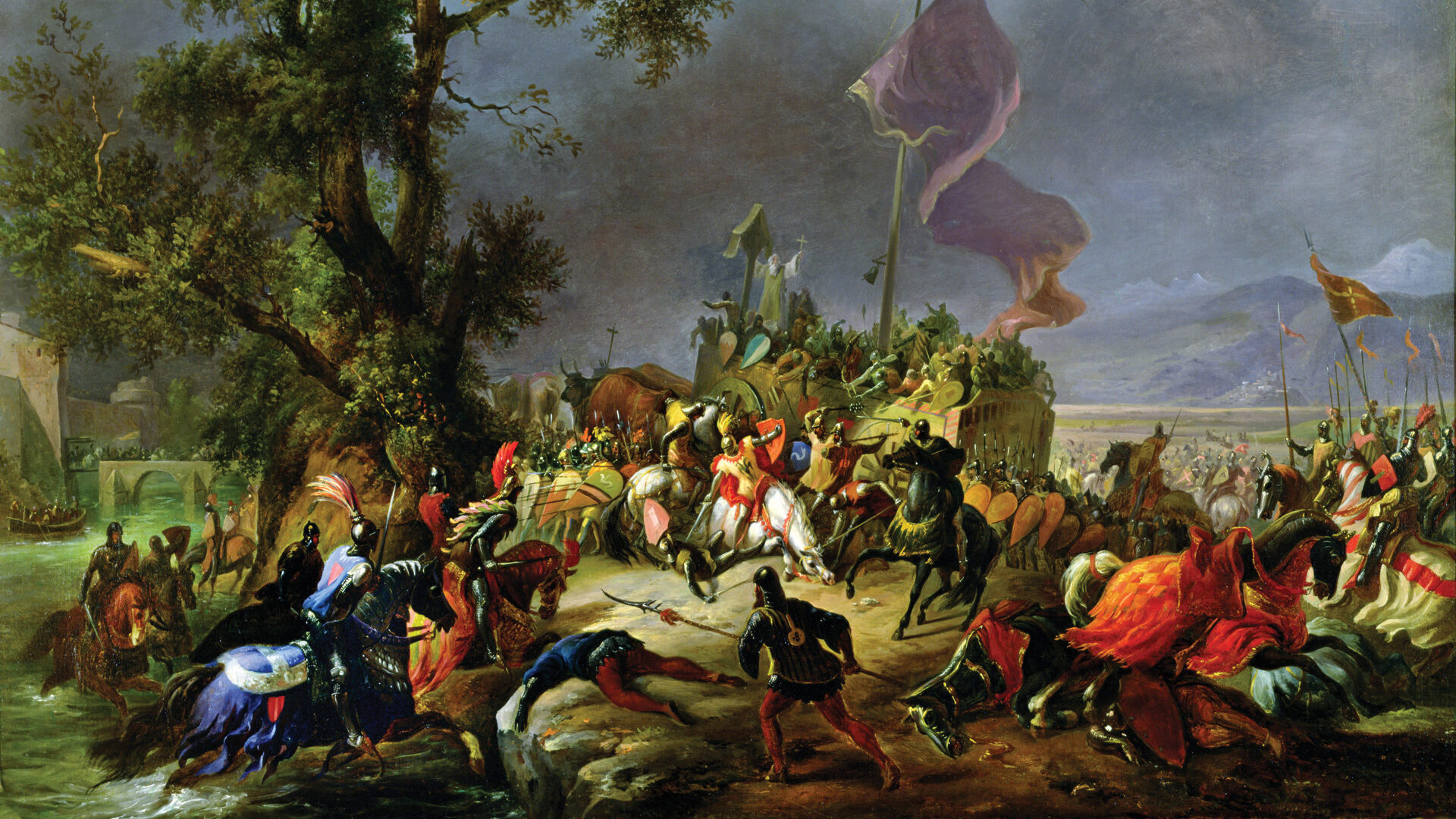
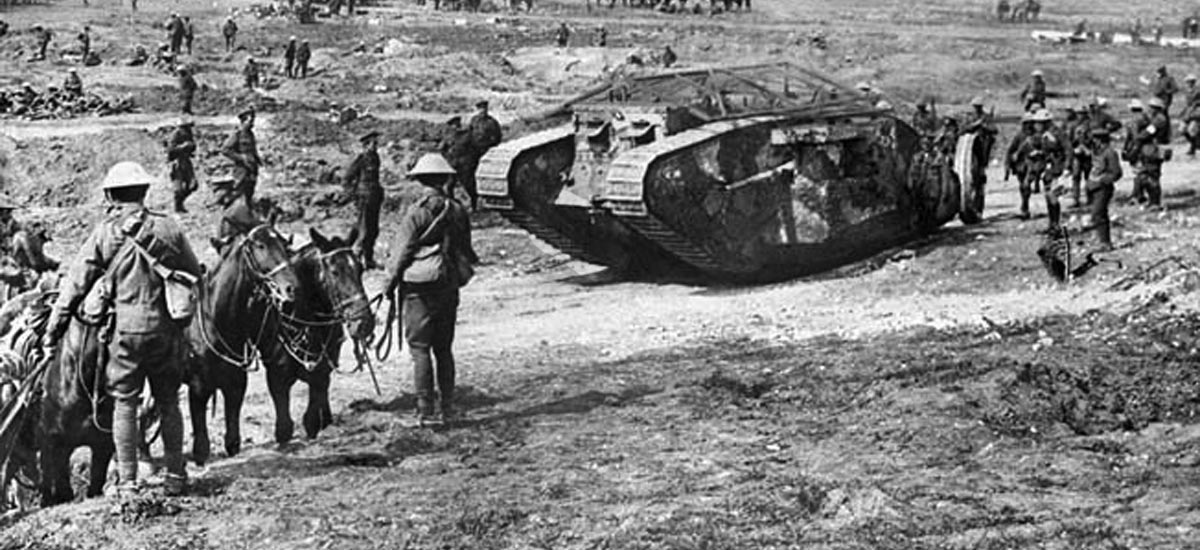
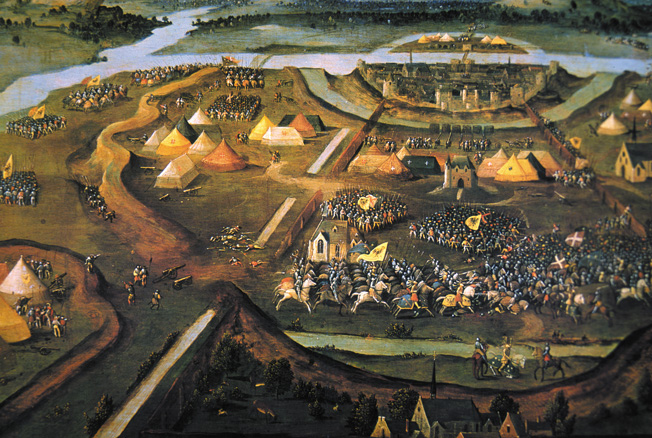
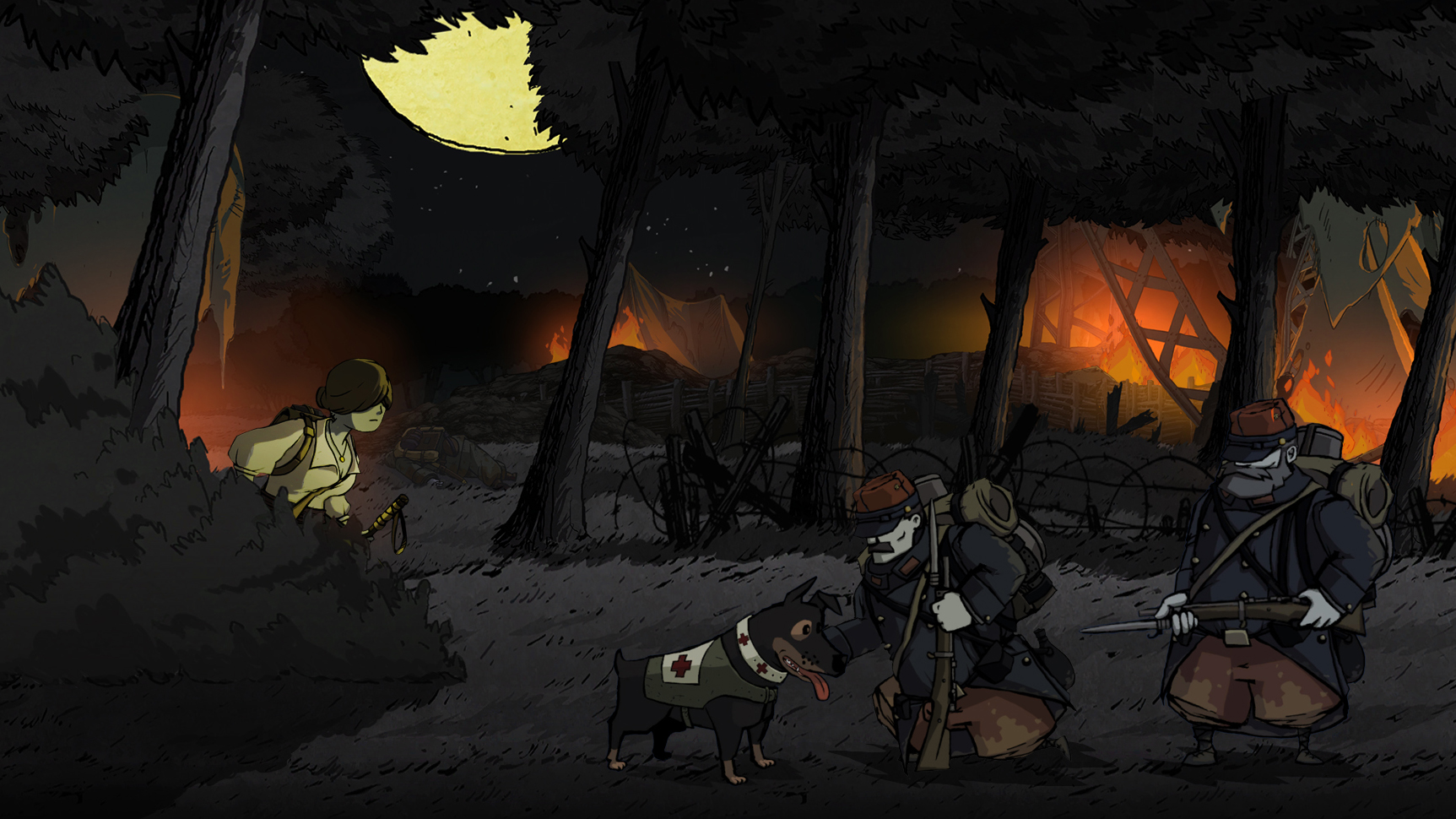
Join The Conversation
Comments
View All Comments